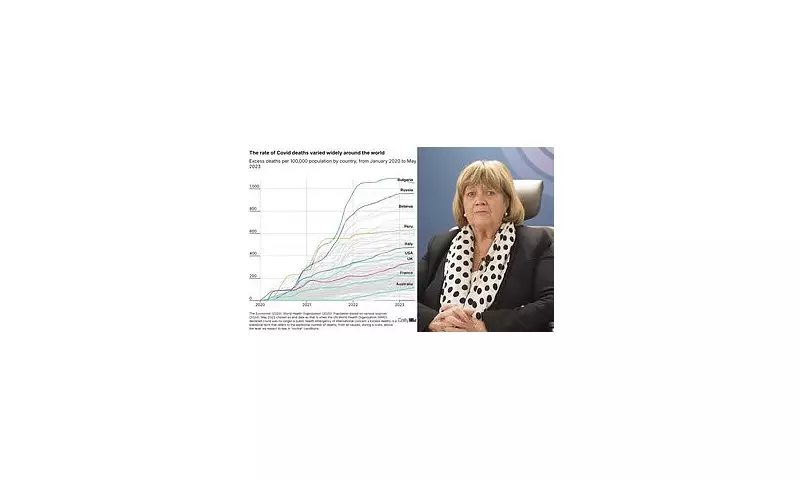
The UK government's response to the Covid-19 pandemic was fundamentally undermined by a 'toxic and chaotic culture' at its core, leading to a catastrophic 'too little, too late' approach, a landmark public inquiry has concluded.
Avoidable Catastrophe
After a thorough investigation examining 180,000 documents and hearing from 166 witnesses, the inquiry chair, Baroness Hallett, delivered a devastating verdict. Her report states that the first national lockdown, which began on March 23, 2020, might have been shorter or entirely unnecessary if decisive action had been taken earlier.
She concluded that had measures like contact tracing, self-isolation, and face coverings been implemented just a week earlier, by March 16, 2020, the UK could have potentially avoided lockdowns altogether. This delay had a deadly cost. Modelling cited in the report indicates that an earlier lockdown in England alone could have prevented approximately 23,000 deaths in the first wave, reducing the death toll by a staggering 48 per cent.
The UK's Global Standing in Excess Deaths
The human impact of these failures is starkly illustrated by global data on excess deaths. This metric, which counts all deaths above the average for a period, is considered the most consistent way to compare pandemic tolls internationally.
According to figures analysed between January 2020 and May 2023, the UK ranked 65th worst out of 237 countries. The nation logged an extra 346 deaths per 100,000 people. This placed the UK's performance behind the United States (51st) but ahead of Spain (66th).
For context:
- Bulgaria had the highest rate with 1,048 excess deaths per 100,000.
- France recorded 222 deaths, ranking 122nd.
- Australia reported only 120 extra deaths, placing it 193rd.
- New Zealand and Luxembourg were among the most successful, with just 10 and 25 extra deaths respectively.
Systemic Failures in Leadership and Preparedness
The 760-page report lays bare a litany of failures at the highest levels of government. It found that then-Prime Minister Boris Johnson was 'too slow' to react and should have recognised the emergency sooner, providing the necessary prime ministerial leadership.
Furthermore, Sir Christopher Wormald, the top civil servant at the health department, was criticised for presiding over 'misleading assurances' about the UK's preparedness. The report states he failed to correct 'overenthusiastic' and false promises made by the then-Health Secretary, Matt Hancock, to Downing Street about having the crisis under control.
The inquiry also highlighted the profound impact on children, noting that while the vast majority were not at serious direct risk from the virus, they 'suffered greatly' from school closures and stay-at-home orders. The government was not prepared for the 'sudden and enormous task' of educating children at home, and children were 'not always prioritised' in the decision-making process.
By early 2023, the UK had suffered more than 200,000 Covid deaths, a tragic figure that the inquiry suggests could have been significantly lower with more swift and competent governance.






